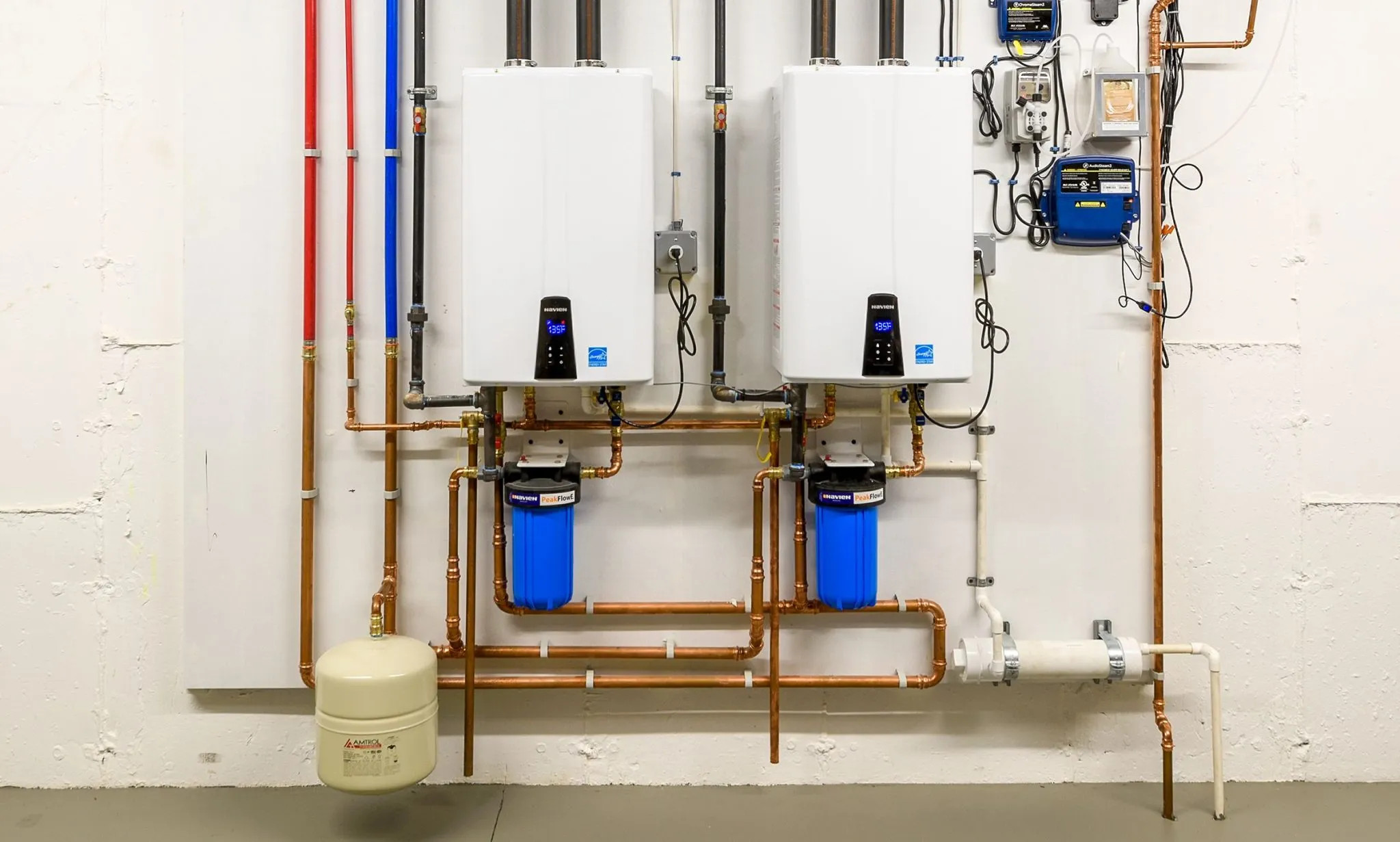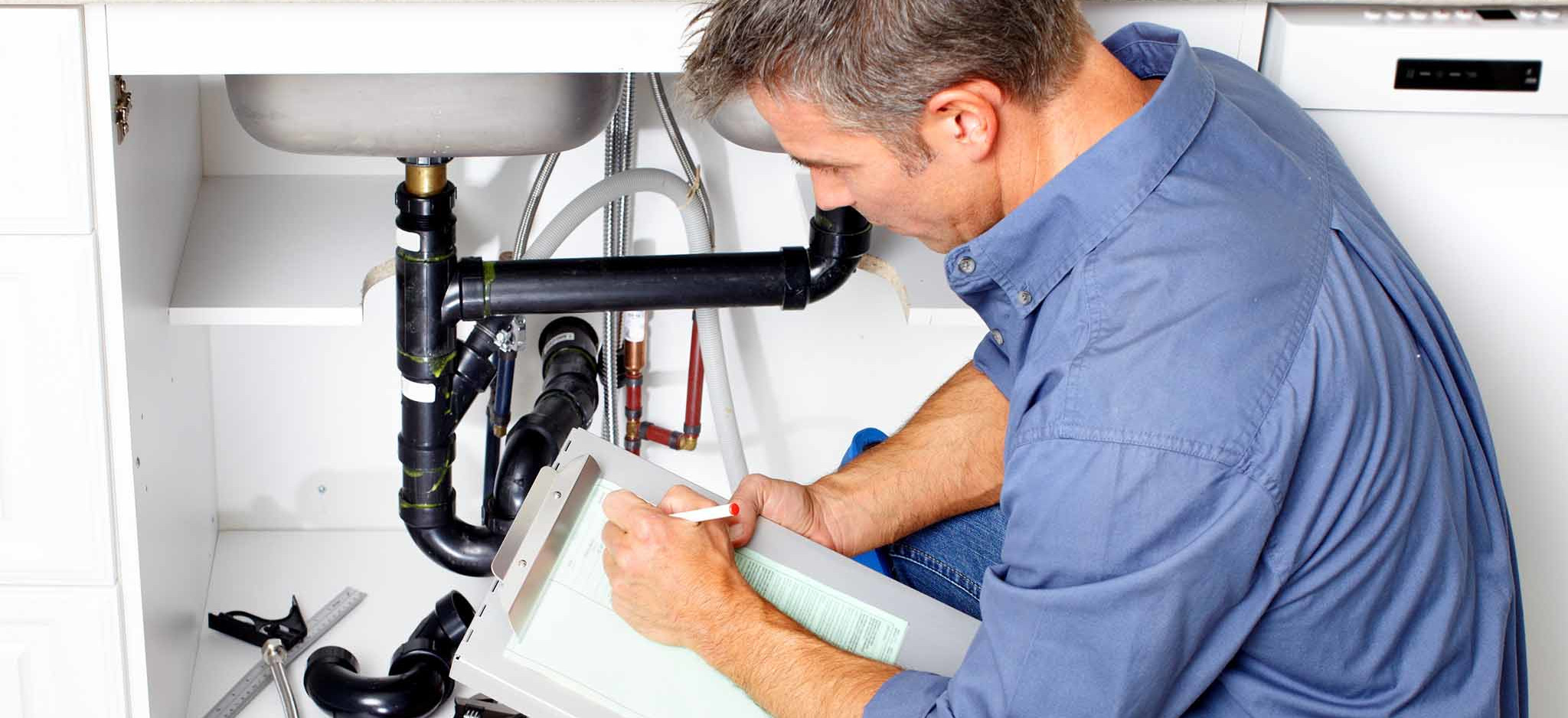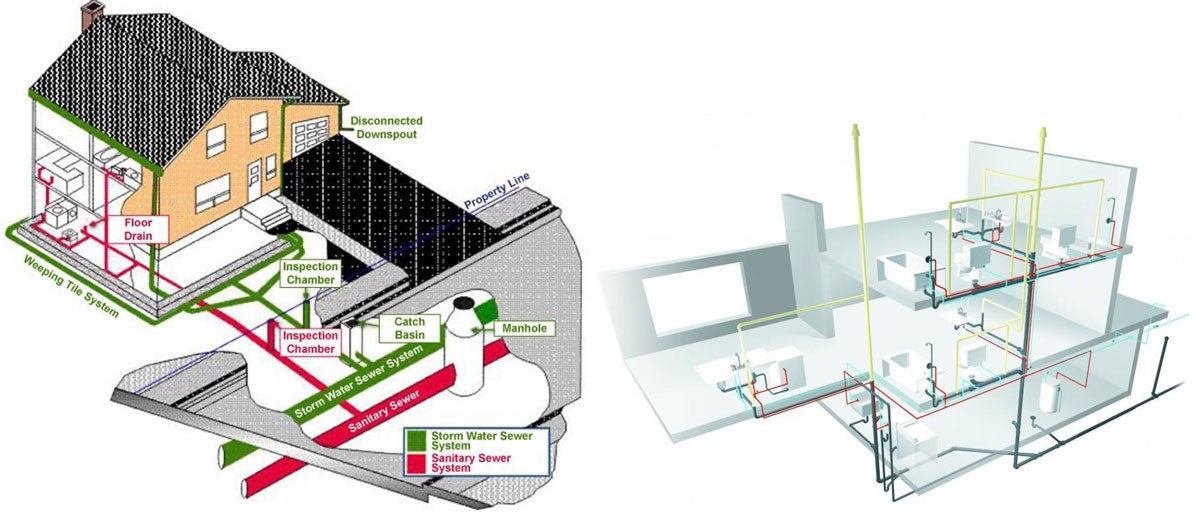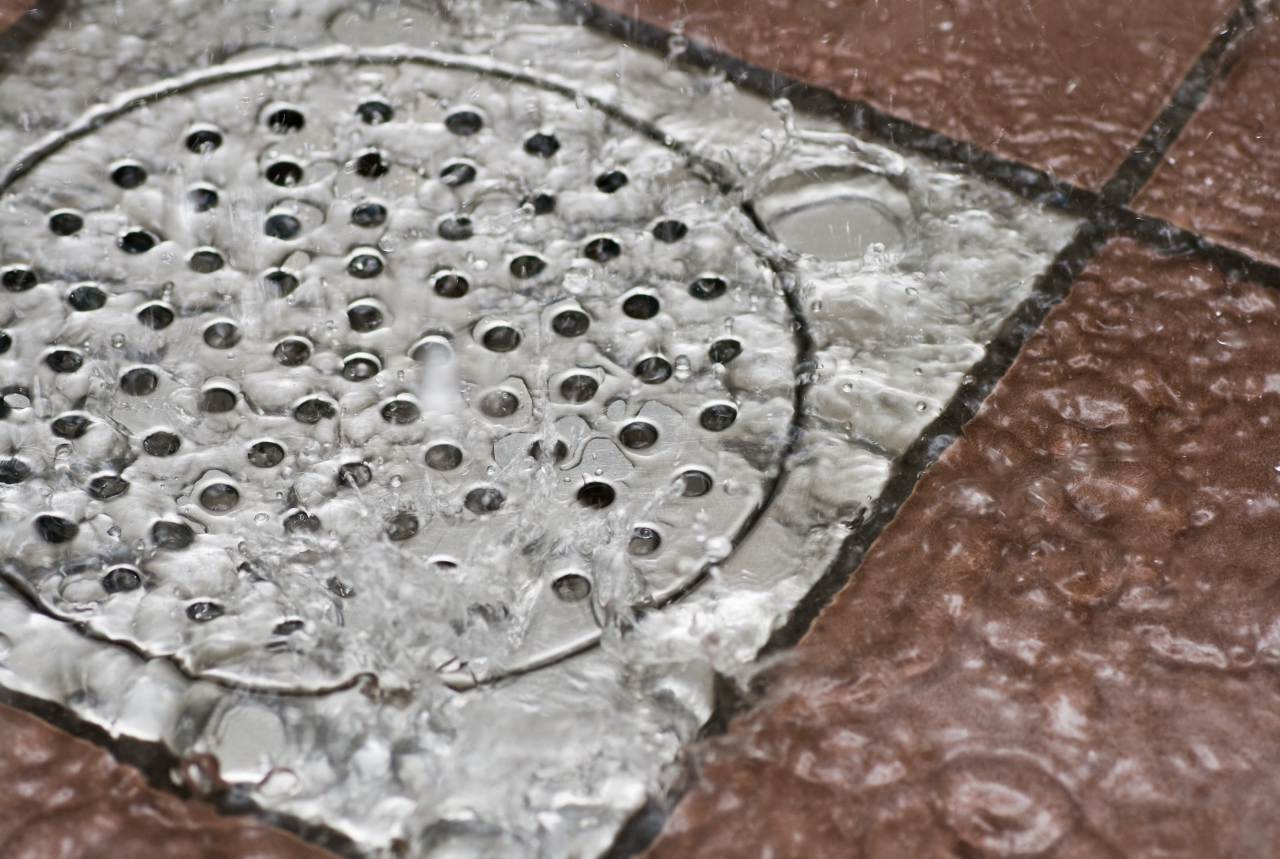Guide to Tankless Water Heaters: Pros and Cons
Did you know? Tankless water heaters can be 24-34% more energy efficient than traditional tank water heaters and can last up to 20 years. However, they cost 2-3 times more upfront and may require significant installation modifications to your home's electrical or gas systems.
Tankless water heaters, also known as on-demand or instantaneous water heaters, have become increasingly popular among homeowners looking for energy-efficient alternatives to traditional tank water heaters. But are they right for your home? Let's explore the pros and cons to help you make an informed decision.
What Are Tankless Water Heaters?
Unlike traditional water heaters that store and continuously heat water in a large tank, tankless water heaters heat water on-demand as it flows through the unit. When you turn on a hot water tap, cold water travels through a pipe into the unit where either a gas burner or electric element heats the water instantly.
The Pros of Tankless Water Heaters
✓ Key Advantages
1. Energy Efficiency
Tankless water heaters are typically 24-34% more energy efficient than conventional storage tank water heaters for homes that use 41 gallons or less of hot water daily. They only heat water when needed, eliminating standby energy losses that occur with traditional tank systems.
2. Space Savings
These compact units can be mounted on walls and take up significantly less space than bulky storage tanks. This is especially beneficial for smaller homes, apartments, or utility rooms where space is at a premium.
3. Unlimited Hot Water Supply
With proper sizing, tankless water heaters can provide a continuous supply of hot water. You'll never run out of hot water during long showers or when multiple appliances are running simultaneously.
4. Longer Lifespan
Tankless water heaters typically last 15-20 years, compared to 8-12 years for traditional tank water heaters. This longer lifespan can offset the higher initial investment over time.
5. Reduced Risk of Water Damage
Since there's no storage tank that can burst or leak, the risk of catastrophic water damage is significantly reduced.
The Cons of Tankless Water Heaters
⚠ Key Disadvantages
1. Higher Upfront Costs
Tankless water heaters cost significantly more upfront than traditional tank units. Installation costs can also be higher, especially if electrical or gas line upgrades are needed.
2. Limited Flow Rate
While tankless units provide unlimited hot water, they have a limited flow rate (typically 2-5 gallons per minute). Running multiple hot water appliances simultaneously may result in reduced water temperature.
3. Inconsistent Water Temperature
Some users experience temperature fluctuations, especially when water demand varies. This "cold water sandwich" effect can occur when hot water use is intermittent.
4. Complex Installation Requirements
Installation may require upgrades to electrical systems, gas lines, or venting systems. This complexity can increase installation costs and time.
5. Higher Maintenance Requirements
Tankless units require regular maintenance, including annual descaling in areas with hard water. Neglecting maintenance can reduce efficiency and lifespan. Unlike traditional water heaters that need regular flushing to remove sediment buildup, tankless units require different maintenance procedures. Consider including tankless system maintenance as part of your annual plumbing inspection.
Is a Tankless Water Heater Right for You?
✓ Good Fit For:
- Use 41 gallons or less of hot water per day
- Want to reduce energy costs long-term
- Have limited space for a traditional tank
- Are building a new home or doing major renovations
- Want to reduce environmental impact
- Don't mind higher upfront investment for long-term savings
⚡ Consider Traditional Tank If:
- High simultaneous hot water demand
- Want lower upfront costs
- Prefer simpler maintenance requirements
- Have existing infrastructure that works well
- Use more than 86 gallons of hot water daily
- Budget constraints for initial investment
Pro Tip: The best way to determine if a tankless water heater is right for your home is to have a professional plumber assess your hot water usage patterns, existing infrastructure, and specific needs. They can help you calculate potential energy savings and installation requirements.
Professional Installation is Key
Whether you choose tankless or traditional, proper installation is crucial for optimal performance and safety. Our experienced plumbers can help you determine the best water heating solution for your home and ensure professional installation.
Important: Tankless water heater installation often requires permits and must comply with local building codes. Gas units need proper venting, while electric units may require electrical panel upgrades. Always use a licensed professional for installation to ensure safety and warranty compliance.
Ready to explore tankless water heater options for your home? Our experiencedplumbers can assess your current system, calculate your hot water needs, and provide expert installation services. If your current traditional water heater is showing warning signs of failure, it might be the perfect time to consider upgrading to a tankless system. For a free consultation and quote, don't hesitate to call us at (770) 914-3877.
Considering a tankless water heater? Get expert advice!
Call us at 844 PLUMB-ALL


